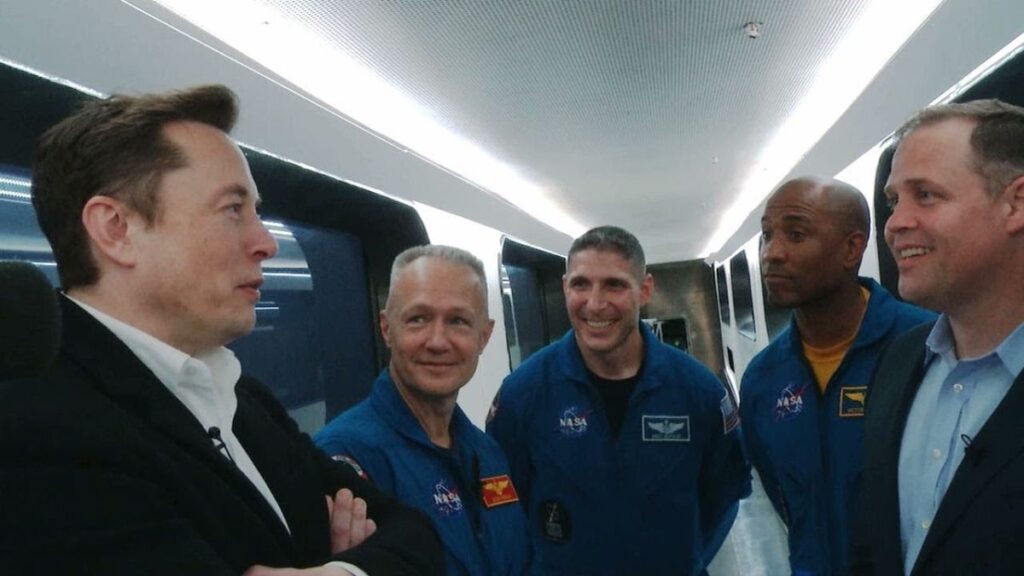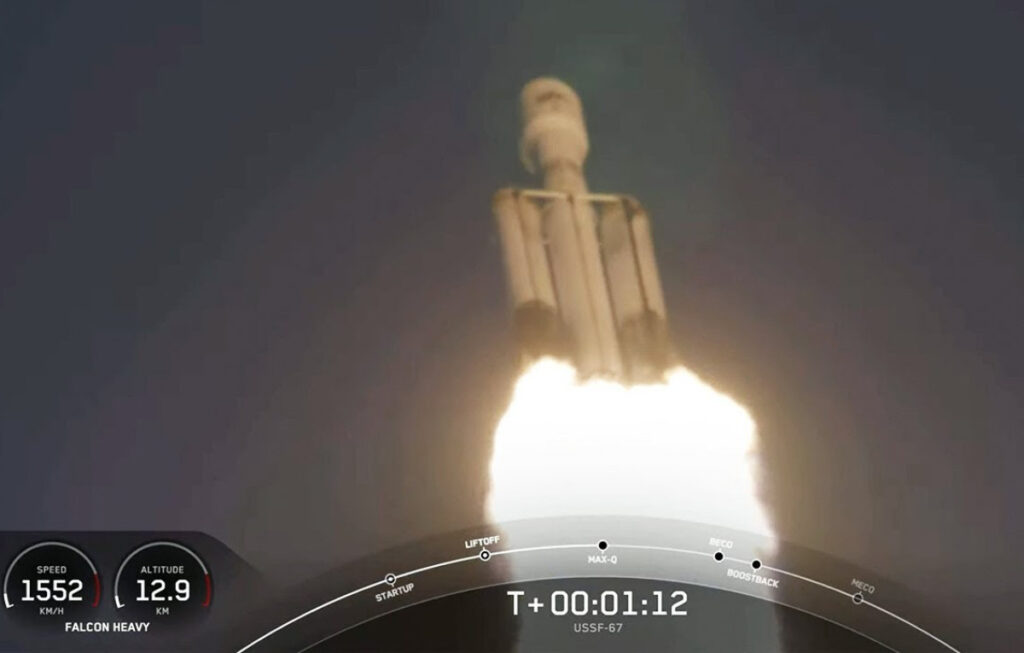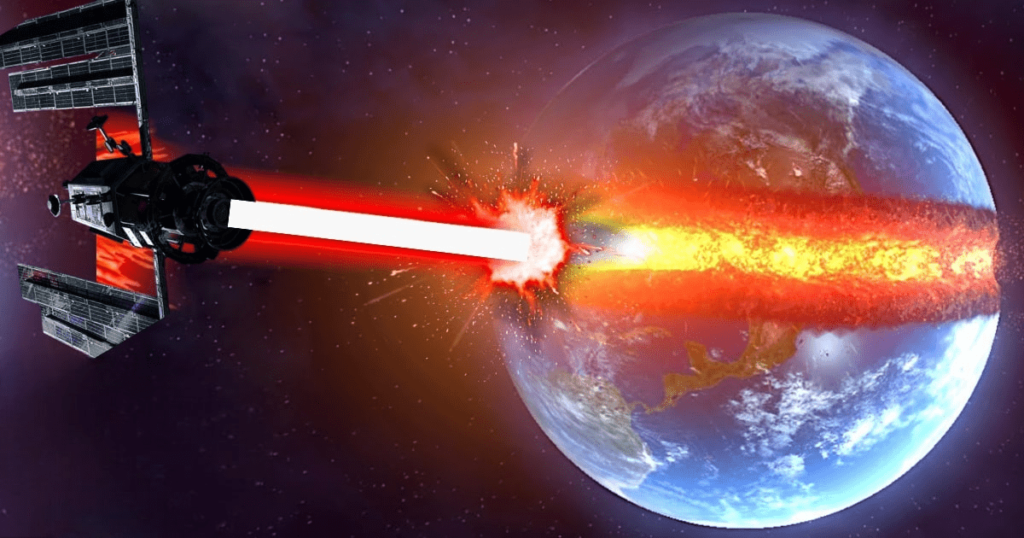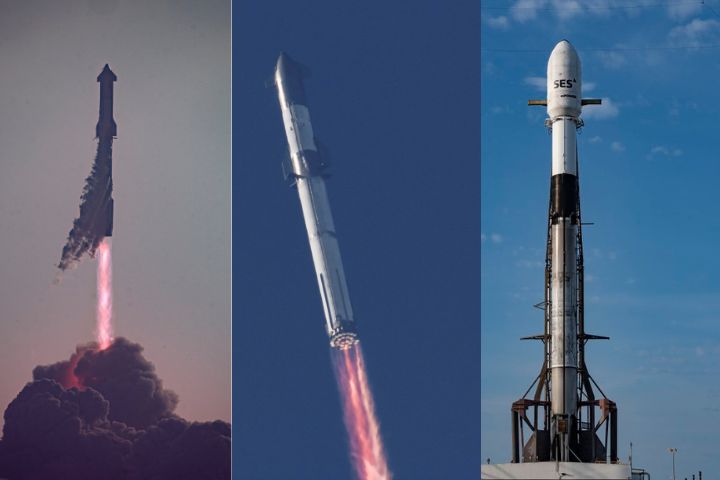
A new space race is brewing between the United States and China, but the rigors of space exploration make it tough for either country to go it alone.
The objective of having humans living and working on other planets within the next decade is ambitious, but it may not be feasible due to limited international collaboration and expensive expenses. Because of its high cost and unclear timeframe, NASA’s Artemis program, which hopes to use the moon as a stepping stone for trips to Mars, has been regarded with skepticism.
Meanwhile, China’s space program has made great progress, including the launch of probes to the Moon and Mars, as well as ambitions to erect an unmanned research outpost on the Moon by 2025 and put people on its surface by 2030.
While sending astronauts to the Moon has been accomplished, the next step of reaching Mars is a far greater challenge. Mars is 250 times farther away than the Moon and currently, there is no available spacecraft that can transport humans to the planet. Even if a way is found to launch a heavy rocket and land it on a planet with a weak atmosphere, the task of bringing the astronauts back to Earth after spending several months in space is an additional challenge.
Superpowers have traditionally competed for dominance in space, with America and Russia battling for supremacy in the 1950s and 1960s. The Russians were the first to send a man into orbit, while the Americans were the first to land a man on the Moon. However, in the 1970s, a period of cooperation emerged, leading to the construction of the International Space Station (ISS) in 1998. The ISS, which is the largest structure in space, was built in partnership with 13 other nations and is not owned by any single country, with each nation dependent on the others for its operation.
The ISS represented what could be accomplished when nations put aside their differences and collaborate. However, the reality was not entirely harmonious. America notably blocked China from becoming a partner in the ISS, leading China to pursue its own space program. Recently, nations have cut ties with Russia following the invasion of Ukraine, resulting in the cancellation of joint Moon missions between the European Space Agency (ESA) and Russia, as well as a joint Mars Rover project to search for evidence of life on the planet.
Despite tensions between nations, collaboration still exists on the ISS where Western countries have to work with Russia to keep it operational. Americans and Europeans continue to train at Russia’s Space HQ, Star City in Moscow. However, with the ISS set to reach the end of its lifespan in 2030, Russia’s future in space is uncertain. According to a space policy analyst, Russia’s technology is outdated and it may struggle to find alternative partnerships or develop its own space station, especially in light of current sanctions. This comes at a time when China’s space program is rapidly advancing, with more than 200 rocket launches in the last decade and an increased willingness to partner with other nations to share technical knowledge and funding.
As space exploration becomes increasingly important and competitive, 72 countries have developed their own space programs to keep up with the new space race.
The billionaire Astronauts
Satellites play a crucial role in daily life, providing weather predictions, communication, financial transactions, and surveillance capabilities for nations. The number of satellites being launched has also increased dramatically, with around 5,000 satellites launched in 2021 compared to 800 annually 20 years ago.
Space exploration is a costly and challenging endeavor that cannot be undertaken by any one country alone. New partnerships are forming, particularly with wealthy entrepreneurs such as Elon Musk’s SpaceX, which is already transporting passengers into orbit, and Jeff Bezos’ plan to create a commercial orbiting station called Orbital Reef. Helen Sharman, the UK’s first astronaut, suggests that the practicality of the private sector could surpass current international rivalries. She states that commercialization will bring companies together globally, regardless of their location, as long as they contribute positively to the world.
The drive for financial gain and scientific discovery promotes collaboration, but private companies must still abide by the laws of their home country. When nations imposed sanctions on Russia in 2022, companies were forced to terminate contracts with Russia. Dr. Josef Aschbacher, head of the European Space Agency, aims to keep Europe competitive in the new space race and has recently secured a £2bn ($2.4bn) increase in funding, despite financial constraints faced by governments. He stressed the importance of participating strongly in the sector to create new business opportunities for European companies, as the space industry is growing rapidly and Europe cannot afford to fall behind.
Nations will continue to lead space research in the future, but to exchange knowledge and compete with other groupings, they will need to work as a cohesive group or “bloc” of countries. For many years, the European Space Agency has been doing this successfully.
New rules for space
A major obstacle to future space exploration is the outdated international laws governing space, specifically the Outer Space Treaty which was established in 1967 by 31 nations, including the US and Soviet Union, and has not been updated since. The treaty pledges not to have nuclear weapons in space, but it does not cover commercial companies or billionaires, as space exploration and commercialization have changed significantly since 1967. According to Juliana Suess of the Royal United Services Institute, the treaty is no longer adequate for current space activities.
The Outer Space Treaty, which was formed in 1967 by 31 nations, including the United States and the Soviet Union, and has not been amended since, is a major impediment to future space research. The pact commits to avoid nuclear weapons in space, although it excludes commercial firms or billionaires because space exploration and commerce have evolved greatly since 1967. The treaty is no longer appropriate for modern space operations, according to Juliana Suess of the Royal United Services Institute.
The United Nations offered new restrictions for the commercial use of the Moon, Mars, and other celestial bodies in 1979, but the United States, China, and Russia refused to sign. The European Space Agency’s head, Dr. Josef Aschbacher, feels that progress in the current space race will be hampered until a new Outer Space Treaty is adopted. He emphasizes that because all nations use the same orbits for satellites and the same Moon surfaces, it is critical to create a cooperative mechanism and set rules of engagement to operate together in space.
Resources:
Explore:
![Moon Jellyfish has [ Hidden Secrets ] You don't know moon jellyfish](https://spaceupper.com/wp-content/uploads/2022/11/1-1-300x169.jpg)










